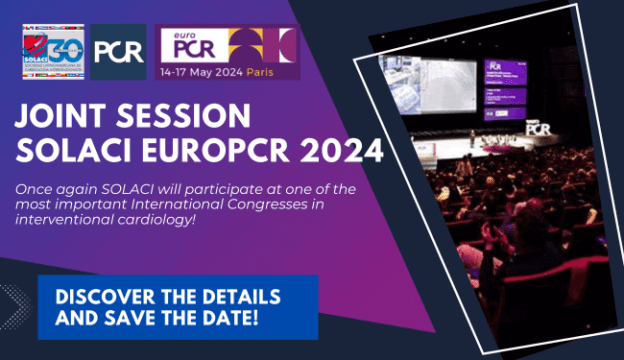Radial access has long demonstrated its benefit, but one of its most feared complications is radial artery occlusion (RAO), which can vary from 1% to 5% according to different series.

There is currently no significant information on post-procedural anticoagulation and the presence of RAO at follow-up.
The aim of the randomized RESTORE study was to examine the effect of post-intervention anticoagulation with rivaroxaban to reduce radial artery occlusion at 24 hours and at 1 month.
The primary endpoint (PEP) was the incidence of RAO within 24 h (early RAO). The secondary endpoint (SEP) was the incidence of RAO at 1 month (late RAO) and bleeding episodes.
The study included 382 patients; half of them were randomized to the control group and the other half, to the rivaroxaban group (10 mg daily for 7 days). Mean patient age was 64 years old. Most patients were men, presenting hypertension and dyslipidemia as the most frequent risk factors. Fifty percent of their procedures were therapeutic/IVUS (intravascular ultrasound).
There were no significant differences between groups in terms of the PEP. However, for the SEP there was a difference in favor of the rivaroxaban group (p = 0.011), with no higher bleeding rate.
Read also: Is iFR Reliable After 5 Years? Analyzing the iFR-SWEDEHEART at 5 Years.
In the subgroup analysis, a lower incidence of early RAO was observed in the rivaroxaban group in female patients and in diabetic patients.
Conclusion
Short-term use of rivaroxaban after the procedure did not affect the incidence of RAO within 24 hours, but reduced occlusion after a 1-month follow-up. More studies are warranted to evaluate this efficacy.

Dr. Andrés Rodríguez
Member of the editorial board in SOLACI.org.
Reference: Dongjie Liang et al Circ Cardiovasc Interv. 2022;15:e011555.
Subscribe to our weekly newsletter
Get the latest scientific articles on interventional cardiology





